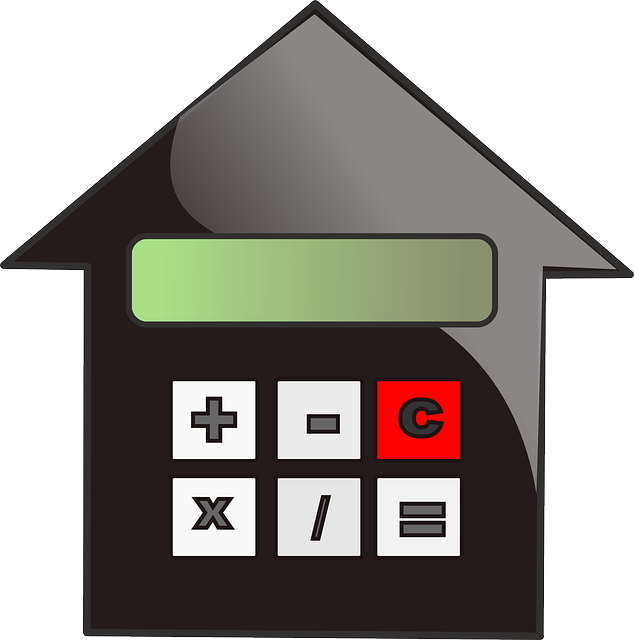Unsecured consolidation loans offer a flexible debt management solution for individuals without collateral. By combining multiple high-interest debts into one loan, these loans simplify repayment, reduce financial stress, and provide lower interest rates based on creditworthiness. This strategy streamlines debt management, making it easier to manage and pay off debts like student loans and credit card balances.
Looking to simplify your debts? Unsecured consolidation loans could be a game-changer. This article demystifies these loans, guiding you through their unique benefits and drawbacks compared to secured alternatives.
We’ll delve into how these loans work and explore the key factors in securing the best rates and terms. By following our steps and tips, you can navigate this process with confidence, making an informed decision for your financial future.
Understanding Unsecured Consolidation Loans
Unsecured consolidation loans are a popular option for individuals looking to simplify their debt repayment process without securing collateral against their assets. Unlike secured loans, which require borrowers to put up something valuable like a house or car as collateral, unsecured loans offer flexibility and accessibility to those who may not have substantial assets to pledge. These loans are typically based on the borrower’s creditworthiness, including their credit score, income, and overall financial health.
With an unsecured consolidation loan, borrowers can combine multiple high-interest debts into a single, more manageable repayment with a potentially lower interest rate. This simplifies cash flow management by reducing the number of payments needed each month. It also provides psychological comfort as borrowers deal with fewer payment reminders and less stress related to meeting multiple debt obligations.
– Definition and how they work
Unsecured consolidation loans are a type of financial product designed to simplify debt management by combining multiple high-interest debts into a single, more manageable loan. This approach allows borrowers to pay off various debts with different terms and rates in one fixed payment, often at a lower overall interest rate than their original debts.
These loans work by taking out a new loan—usually from a bank or credit union—that pays off existing debts. The borrower then makes one consistent monthly payment on the consolidation loan, which can include student loans, credit card balances, and other unsecured debts. By consolidating, borrowers may enjoy lower interest rates, extended repayment terms, and easier financial management, making it a popular strategy for debt reduction and financial planning.
When considering an unsecured consolidation loan, it’s essential to weigh the benefits of lower interest rates and flexible terms against the potential risks. By thoroughly understanding these loans and comparing offers from various lenders, individuals can make an informed decision that aligns with their financial goals. Secured consolidation loans may offer more favorable rates and terms, but they come with the added risk of collateral. Unsecured options provide flexibility without this burden, making them a viable choice for those seeking debt relief without sacrificing assets. Ultimately, the best approach depends on individual circumstances, creditworthiness, and comfort level with risk.
